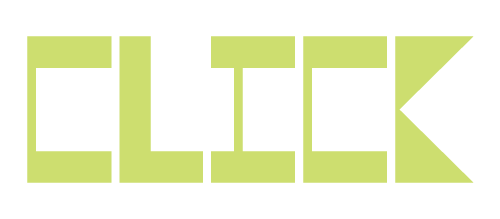This post is a part of our Lean Launchpad Lessons series, where we share lessons learned by the entrepreneurs enrolled in our Lean Launchpad: Pioneer Valley course.
RSI's founder is passionate for helping social change organizations, has a "brown belt" in tech, years of experience working directly with social change movements, and deep knowledge of Change.org's technology.
Initial Concept
Idea: Immigration attorneys, innocence attorneys & projects, and some defense attorneys frequently need to get lots of people to sign petitions. This market is generally not tech savvy, has zero time to learn new tech, and does not know how to use social media to promote their petitions. RSI will leverage Change.org's amazing (but technically tricky to set up) platform to help its clients quickly and easily get world-class petitions up, running, and promoted.
What Happened: After speaking with about two dozen potential customers RSI learned...
- Good news: all of the potential customers called agreed they had the pain points RSI identified. YES!
- Bad news: not a single one seemed at all interested in paying someone to make those problems go away. DOH!
The bad news was a deal killer! Luckily, it only took RSI about a dozen hours to find that out. And so they went on to their first pivot...
Pivot 1
Idea: RSI's founder is one of a fairly small number of people in the nonprofit sector who have a deep knowledge of how to rapidly design, execute, analyze, and iterate email marketing campaigns to dramatically increase their success rates. The Obama campaign did this to great effect and caused a stir in the nonprofit sector. So perhaps RVI could help progressive advocacy organizations optimize their websites and email communications to find supporters and raise more money online.
What Happened:
- Good news: The Obama campaign has made medium-sized nonprofits start actively considering these techniques, the people at the nonprofits in charge of making these decisions have good economic incentives to try out a service like RSI's (it could get them a raise or a better job at another nonprofit), it was clear RSI could dramatically increase the effectiveness of many potential client's email efforts, some interviewees begged RSI to deliver the product to them NOW. Wow, pretty good stuff!
- Bad news: "No way to make money while you sleep." This is a consultancy where RSI can only make money while its team is working for a client. There is no long-term recurring revenue so the company would have to spend a significant portion of its time "hunting" for new business. The fee nonprofits seemed willing to pay made the economics of the venture look dicey. No upside for delivering awesome results. Expensive sales process requiring a dedicated sales force. Ug.
- Delightful surprise: An instructor introduced RSI to one nonprofit leader who moved the conversation away from mailing lists to something else... which led to the next pivot. Yay referrals!
The business might very well be workable, but RSI decided to explore the delightful surprise to see if they could create a venture that could help nonprofits a heck of a lot more AND let RSI earn money in a much more sustainable way.
Pivot 2
Idea: Most nonprofits collecting donations online use retched donation pages that manage to convert only 3-5% of the visitors (all of whom decided to click on the DONATE page). The providers of these donation pages make their money by charging a premium on top of the credit card processing fee. Well designed pages can convert 5x as many visitors! RSI has the skills needed to create donation pages that can deliver 5x better results and will use the same revenue model as its competitors.
What Happened
- RSI started with just the one interview from the last pivot. They quickly followed up with lots of interviews of other nonprofits and verified that the pain and opportunity were real.
- They created a Low Fidelity Minimum Viable Product (a fancy way of saying a non-functional, storyboard-style prototype that communicates what a product might do) - a simple video demonstrating what their product might look like. In showing it to a small set of potential customers RSI learned that they had more features than they needed. In other words, they could simplify their product and launch sooned!
- They THOUGHT that their High-Fidelity Minimum Viable Product (a very cheap to build, functional prototype that delivers value to your customers, but probably in a highly labor-intensive way), would require a few weeks to code up. Instead they realized they could leverage existing technologies like WordPress and have a saleable product ready in a day or two.
- So far nonprofits are saying "If you can deliver better conversion results, we're happy to pay you the same % fee as we pay your competitors." Meaning that, if successful, RSI can dramatically increase nonprofits's donation revenue AND will have created a sustainable revenue model that allows the RSI team to support their families. Nice!
And that is where the company is today. Next they will interview a lot more potential customers to make sure their learnings about the minimum viable product are right. Then they will SELL that minimum viable product to a handful of customers and start learning.. and get PAID to do it :).
Wish them luck!
If you would like to learn more about enrolling in the next session of Lean Launchpad: Pioneer Valley (Feb, 2014), let us know.

